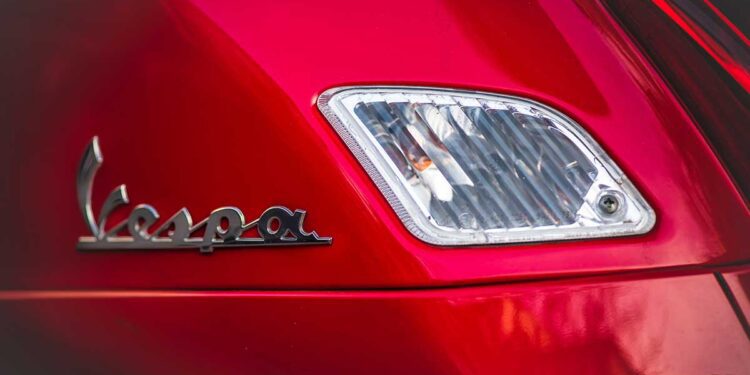The Virginia Senate has rejected attempts to weaken the state’s Clean Cars Law, a law that requires automakers to sell electric vehicles in the state. The law, which was passed in 2018, requires automakers to sell a certain number of electric vehicles in the state in order to meet the state’s clean air goals.
The law has been met with opposition from automakers, who argue that it is too costly and burdensome. However, the Senate voted overwhelmingly to reject the proposed changes, which would have weakened the law by allowing automakers to sell fewer electric vehicles in the state.
Supporters of the law argue that it is necessary to reduce air pollution and combat climate change. They point out that electric vehicles are much cleaner than traditional gasoline-powered cars, and that the law will help reduce emissions and improve air quality in the state.
Opponents of the law argue that it will increase costs for automakers and make it more difficult for them to do business in the state. They also argue that electric vehicles are not yet widely available and that the law will make it harder for consumers to find them.
The debate over the Clean Cars Law is likely to continue in the coming months. In the meantime, the Senate’s decision to reject attempts to weaken the law is a victory for those who support clean air and climate action in Virginia.








